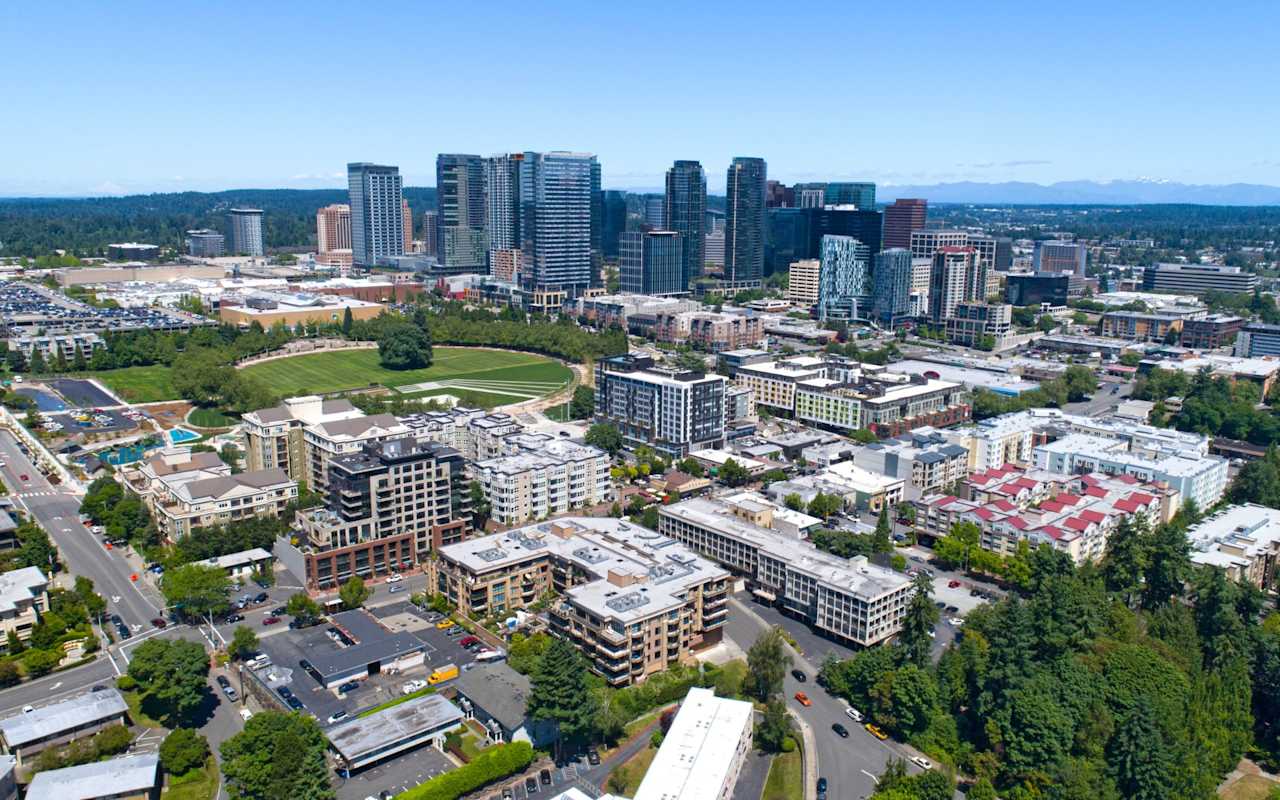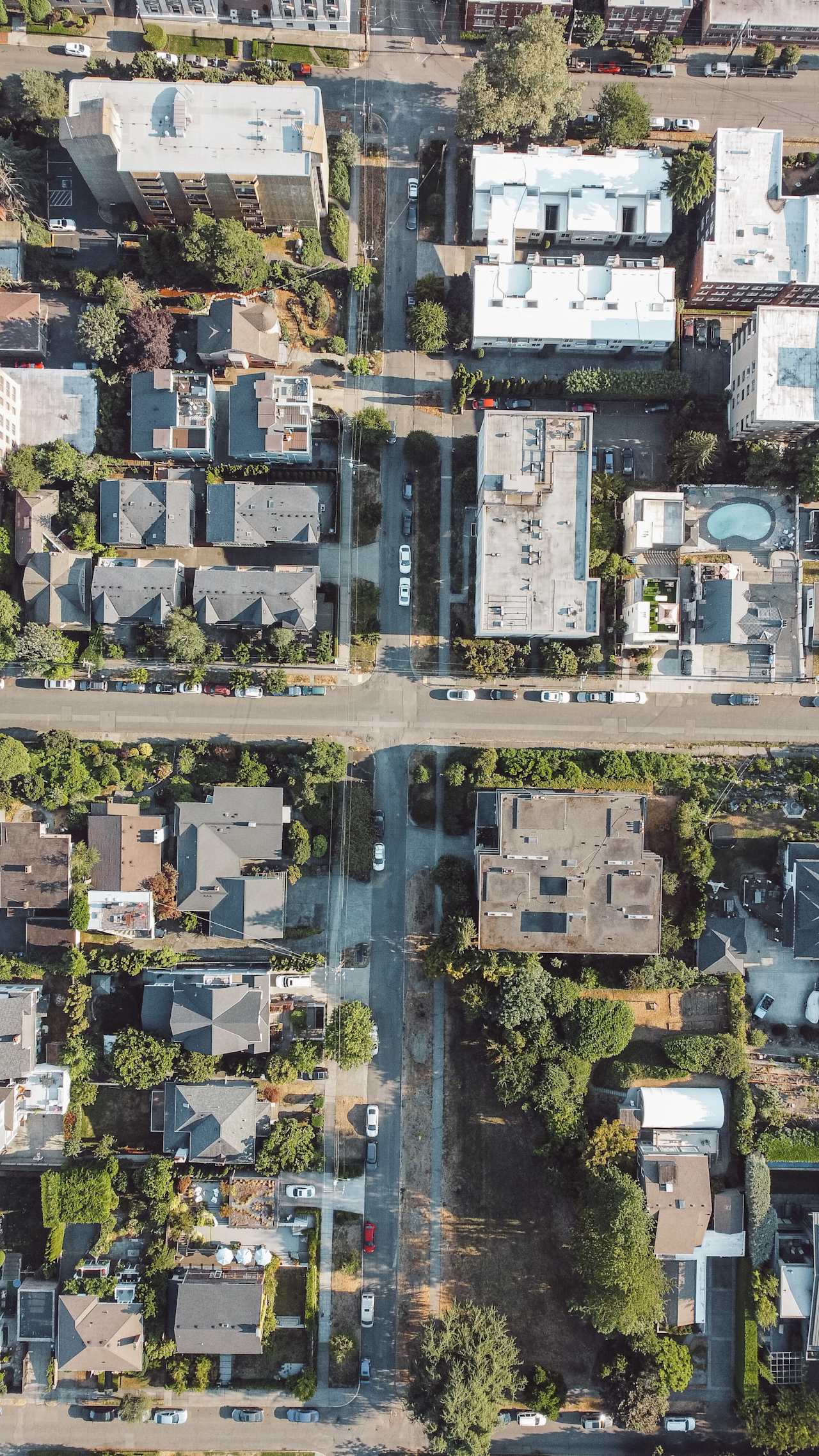When you're in the market for a new home in the vibrant city of Seattle, attending open houses can be both exciting and overwhelming. While it's easy to be swayed by a home's aesthetic appeal, there are several less obvious but crucial factors to consider. This guide aims to enlighten you on what you might not know to look for at an open house, especially in the dynamic Seattle real estate market.
1. The Neighborhood Vibe
Seattle is known for its diverse neighborhoods, each with a unique character. When you visit an open house, take some time to explore the surrounding area. Are there parks or recreational facilities nearby? How is the traffic during peak commuting hours? The ambiance of the neighborhood is a critical aspect of Seattle real estate, impacting your quality of life. If you have a family or plan on starting one in the future, you’ll want to consider whether the atmosphere of the neighborhood fits your plans. Similarly, if you’re a young professional looking to meet like-minded people, you might want to keep an eye out for happy hour spots and easy routes that will ensure a smooth commute to work.
2. Natural Light and Window Placement
In a city known for its cloudy days, natural light becomes a premium feature. Observe the amount of natural light in each room and the placement of windows. Good natural lighting can enhance your mood and reduce energy costs, making it a significant factor in your home-buying decision.
3. Storage Space
Storage is often overlooked in the excitement of an open house. Check for ample storage options like closets, attics, or basements. Adequate storage space can keep your home organized and clutter-free, an essential aspect of comfortable living in Seattle's urban spaces.
4. Sound Insulation
Seattle's bustling urban environment means that sound insulation is crucial. Pay attention to how well the home blocks external noise. Can you hear the neighbors or street traffic? Good sound insulation not only ensures peace and quiet but also contributes to the overall serenity of your home.
5. Foundation and Structural Integrity
The foundation and structural integrity of a home are vital, especially in a region prone to dampness like Seattle. Look for signs of water damage or structural wear. These issues can be costly to repair and are critical in the Seattle real estate market.
6. Energy Efficiency
Energy efficiency is not only eco-friendly but also cost-effective. Check the home's insulation, the age and condition of the HVAC system, and the types of appliances installed. Energy-efficient homes are a smart choice in the Seattle real estate market, offering long-term savings and comfort.
7. Future Development Plans
With a booming tech industry and thriving housing market, Seattle is a city that's constantly evolving. Research any future development plans in the area, as they can affect your property's value and your living experience. Upcoming infrastructure or commercial projects can be either beneficial or detrimental to your lifestyle.
8. Age and Condition of the Roof
The roof is one of the most expensive parts of a home to replace. Inquire about the age and condition of the roof. In Seattle's climate, a well-maintained roof is crucial to protect against the elements and prevent costly water damage.
9. Plumbing and Electrical Systems
Don't forget to take a close look at the plumbing and electrical systems. Issues in these areas can be expensive to fix. Ensure that the systems comply with current standards and can support your household's needs.
10. Home Orientation and Landscaping
The home's orientation can affect natural light, energy efficiency, and even your garden's growth. Check the landscaping for proper drainage and maintenance needs. Well-designed landscaping can enhance your home's curb appeal and overall value in the Seattle real estate market.
If the open house goes well and you decide to move forward with putting in an offer, you’ll be able to delve deeper into these points during a home inspection. But what exactly will you learn during a home inspection that you didn’t encounter during the open house? Here's what you can expect during a home inspection:
-
Preparation and Duration: A standard home inspection usually takes a few hours, depending on the size and age of the house. It’s advisable for potential buyers to be present during the inspection. This allows for a firsthand understanding of the inspector's findings and the opportunity to ask questions.
-
Exterior Evaluation: The inspector begins with an assessment of the exterior. This includes examining the home’s foundation, walls, roofing, gutters, and drainage systems. They check for signs of damage like cracks, water damage, or decay that could affect the home’s integrity.
-
Interior Inspection: Inside, the inspector looks at the home's heating, ventilation, and air conditioning (HVAC) systems, electrical systems, and plumbing. They’ll test appliances, inspect windows and doors for proper sealing, and look for potential safety hazards like lead paint or asbestos.
-
Attic and Basement: Areas like the attic and basement are crucial for understanding the home’s structure and insulation. The inspector checks for proper ventilation, signs of water intrusion, and structural issues.
-
Detailed Report: After the inspection, you'll receive a detailed report outlining the findings. This report highlights any major concerns, safety issues, and potential maintenance needs. It’s a valuable tool for negotiating repairs or price adjustments with the seller.
-
Follow-Up: If the report identifies significant issues, you might need a follow-up from a specialist. This could be a structural engineer, a roofing expert, or a pest control professional, depending on the nature of the problem.
A home inspection is an indispensable step in the home-buying process, providing peace of mind and ensuring that your investment is sound. Remember, no home is perfect, but understanding its condition is key to making an informed decision.
Buying a home in Seattle is an exciting journey. By paying attention to these often-overlooked aspects during an open house, you can make a more informed decision. Remember, a home is not just about its appearance; it's about the overall quality of life it offers.
For those navigating the Seattle real estate market, it's beneficial to have a knowledgeable guide. Kevin Donovan, with his extensive experience and deep understanding of the Seattle real estate landscape, is an invaluable resource. He can help you uncover the hidden potentials of each property and guide you toward making a choice that aligns with your lifestyle and aspirations. Reach out to Kevin Donovan today for personalized assistance in finding your dream home in Seattle.








